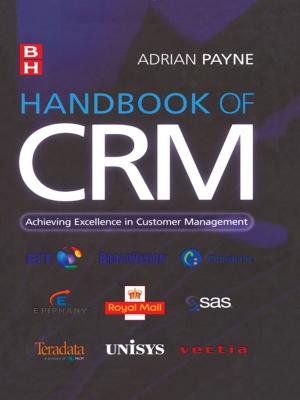| Author: | Michael A. Gilbert | ISBN: | 9781136685231 |
| Publisher: | Taylor and Francis | Publication: | November 5, 2013 |
| Imprint: | Routledge | Language: | English |
| Author: | Michael A. Gilbert |
| ISBN: | 9781136685231 |
| Publisher: | Taylor and Francis |
| Publication: | November 5, 2013 |
| Imprint: | Routledge |
| Language: | English |
Coalescent Argumentation is based on the concept that arguments can function from agreement, rather than disagreement. To prove this idea, Gilbert first discusses how several components--emotional, visceral (physical) and kisceral (intuitive) are utilized in an argumentative setting by people everyday. These components, also characterized as "modes," are vital to argumentative communication because they affect both the argument and the resulting outcome.
In addition to the components/modes, this book also stresses the goals in argumentation as a means for understanding one's own and one's opposer's positions. Gilbert argues that by viewing positions as complex human events involving a variety of communicative modes, we are better able to find commonalities across positions, and, therefore, move from conflict to resolution. By focusing on agreement and shared goals in all modes, arguers can coalesce diverse positions and more easily distinguish between minor or unrelated differences and core disagreements. This permits much greater latitude for locating shared beliefs, values, and attitudes that will lead to conflict resolution.
Coalescent Argumentation is based on the concept that arguments can function from agreement, rather than disagreement. To prove this idea, Gilbert first discusses how several components--emotional, visceral (physical) and kisceral (intuitive) are utilized in an argumentative setting by people everyday. These components, also characterized as "modes," are vital to argumentative communication because they affect both the argument and the resulting outcome.
In addition to the components/modes, this book also stresses the goals in argumentation as a means for understanding one's own and one's opposer's positions. Gilbert argues that by viewing positions as complex human events involving a variety of communicative modes, we are better able to find commonalities across positions, and, therefore, move from conflict to resolution. By focusing on agreement and shared goals in all modes, arguers can coalesce diverse positions and more easily distinguish between minor or unrelated differences and core disagreements. This permits much greater latitude for locating shared beliefs, values, and attitudes that will lead to conflict resolution.















